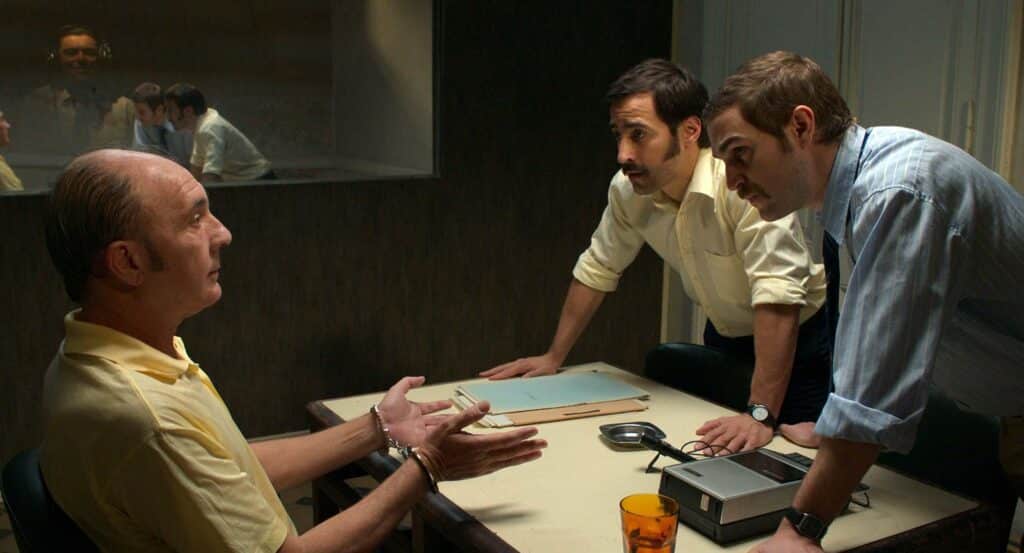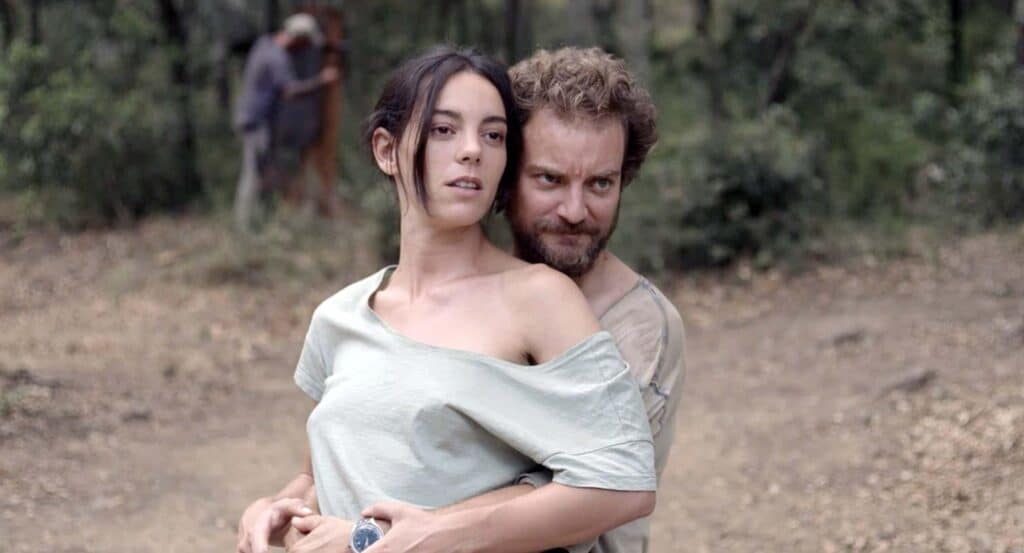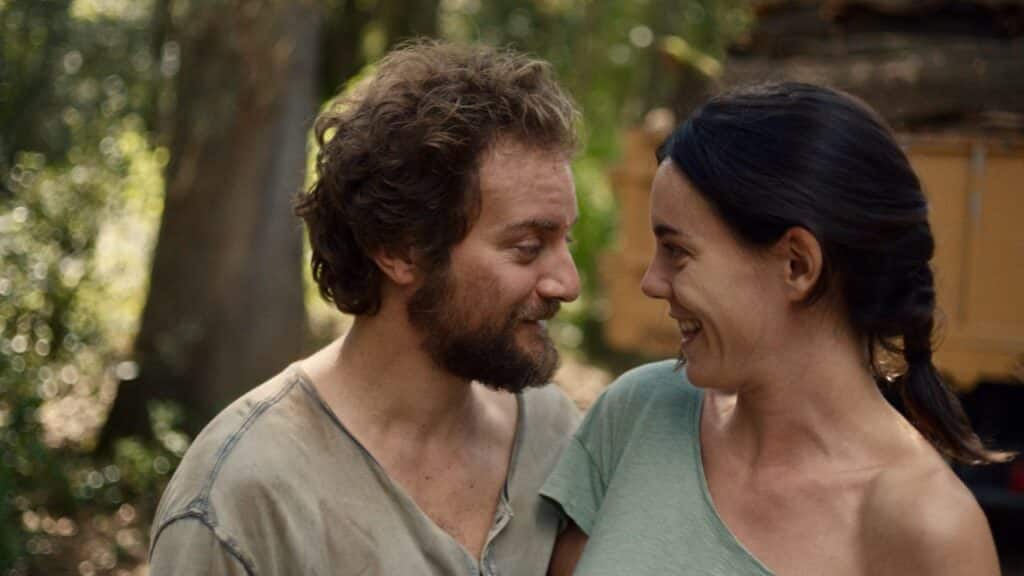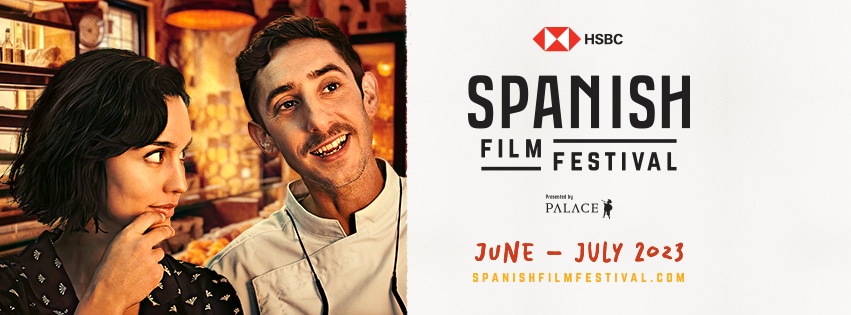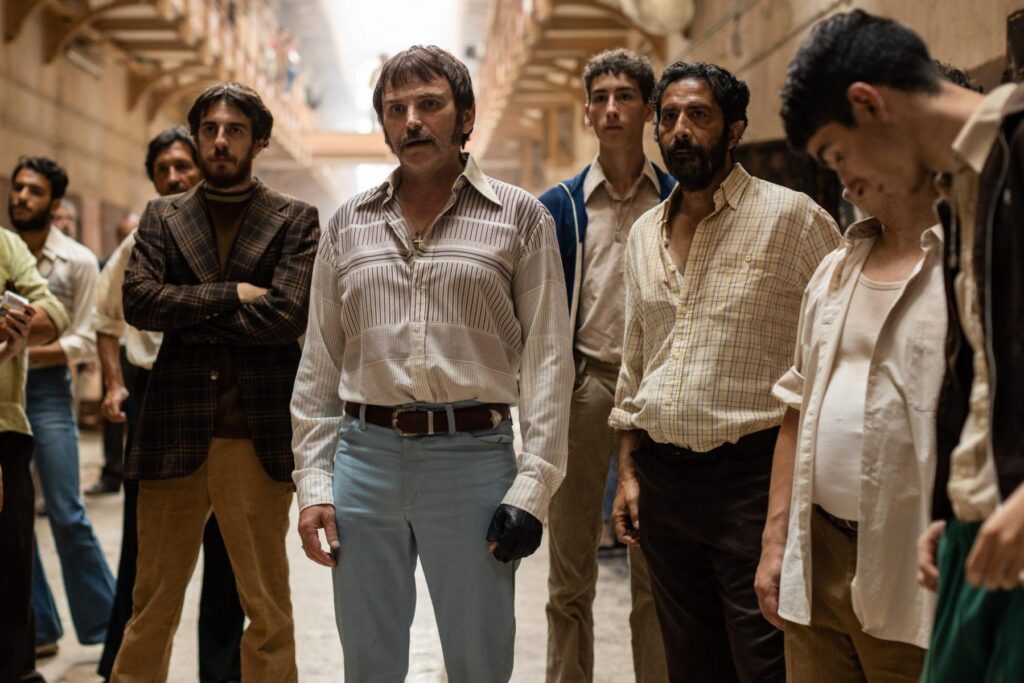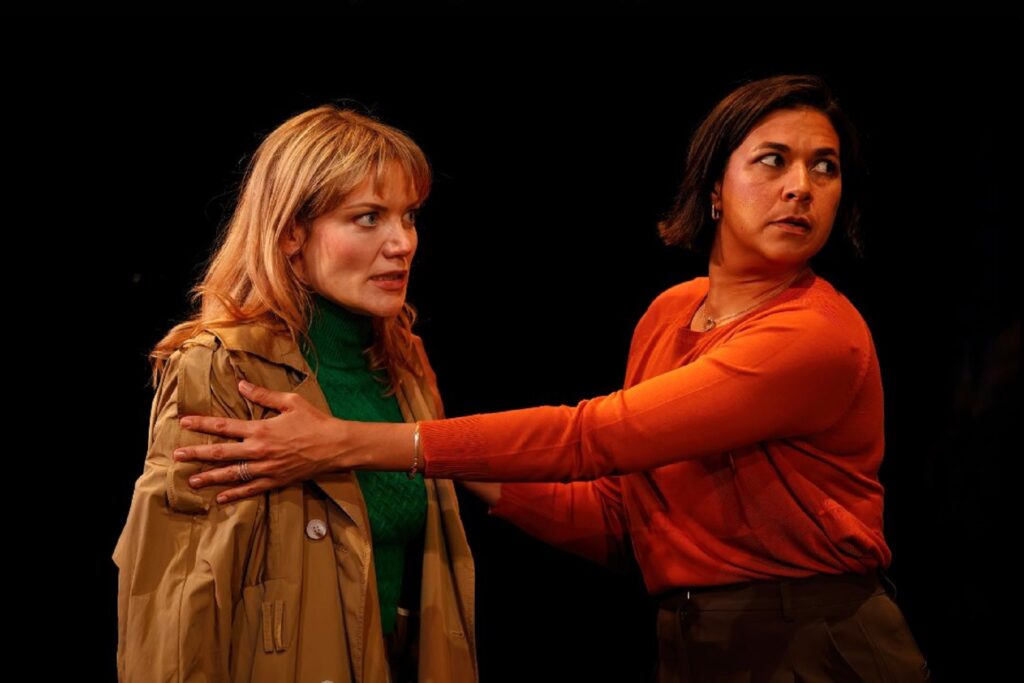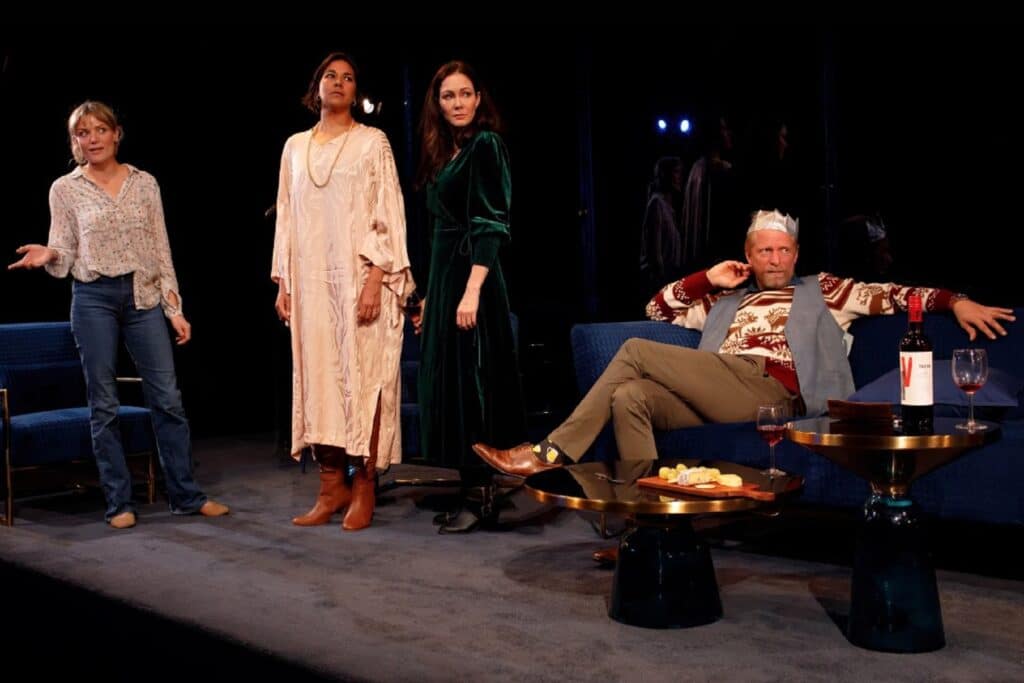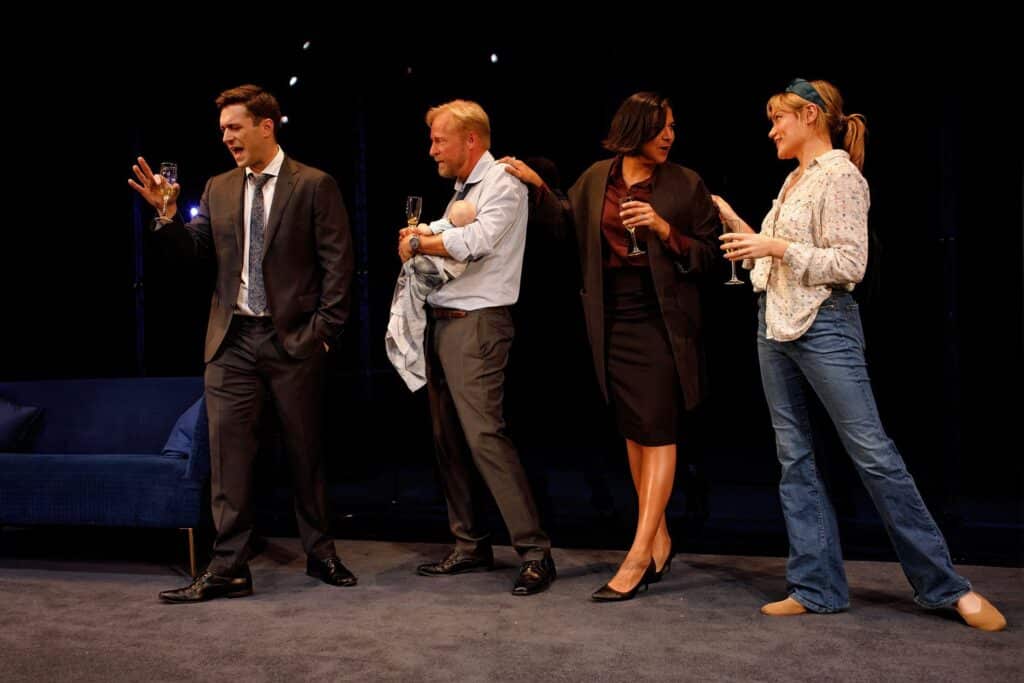A Singular Crime / Un Crimen Argentino is a 2022 thriller based on the 2002 Reynaldo Sietecasebook of the same name. It’s inspired by a true story occurring in 1980 Rosario, Argentina during the “Dirty War” military dictatorship.
The book was a best seller, and now the film leaves audiences just as intrigued as they try to solve the crime alongside the protagonists. It is airing at the 2023 Spanish Film Festival and is a must-watch for any who love a mystery.

Unlike the book, A Singular Crime primarily follows around two court clerks, Antonio González Rivas (Nicolás Francella) and Carlos Torres (Matías Mayer), alongside the judge’s secretary, Maria Bussato (Malena Sanchez), as they try to solve the case of a missing businessman named Gabriel “Turco” Samid (Pablo Tolosa).
Given the immense corruption of the Dirty War era Argentinian military, the clerks must race to solve the mystery before the police can close the investigation, dodging their interference at each step. The audience follow Rivas and Torres down rabbit-hole after rabbit-hole trying to figure out what happened to Samid, piecing together the last night before his disappearance and who could have demanded the one-million-dollar ransom.
They discover the struggle of solving the mystery when all of the authority figures sing the tune of “no body, no crime.” Fans of the book get to enjoy this story from another perspective, rather than following the story of the perpetrator.

Director Lucas Combina definitely evokes the imagery of a Hollywood film set in the same time period, especially with the lighting and cinematography. It allows foreign viewers to feel familiar with the art style, appealing to a larger demographic. Francella and Mayer provide excellent performances but personally, Dario Grandinetti as Mariano Marquez was the standout star for me.
If you’re attending the Spanish Film Festival in 2023, don’t miss A Singular Crime / Un CrimenArgentino. The festival is celebrating its 25th anniversary and is showing 32 films, not to mention highlighting the women in Spanish and Latin cinema.
This review also appears on It’s On The House.
